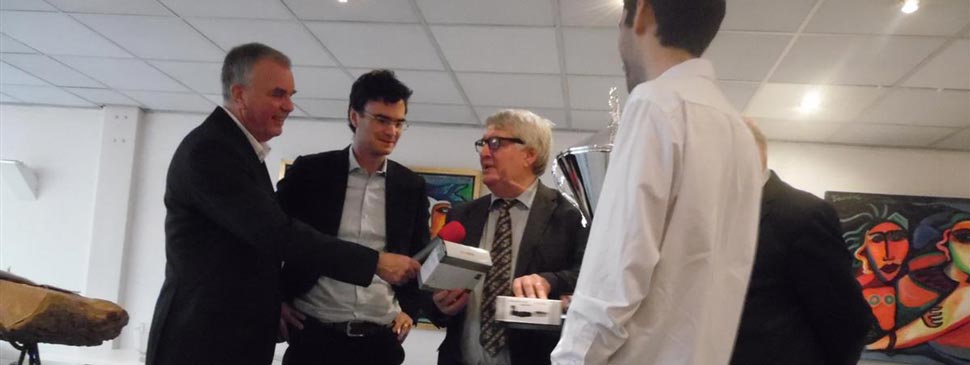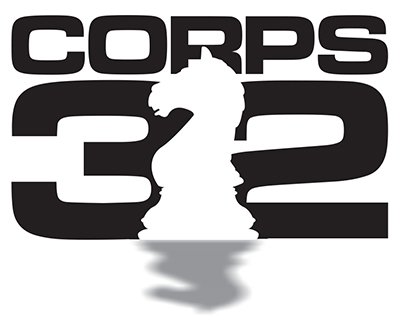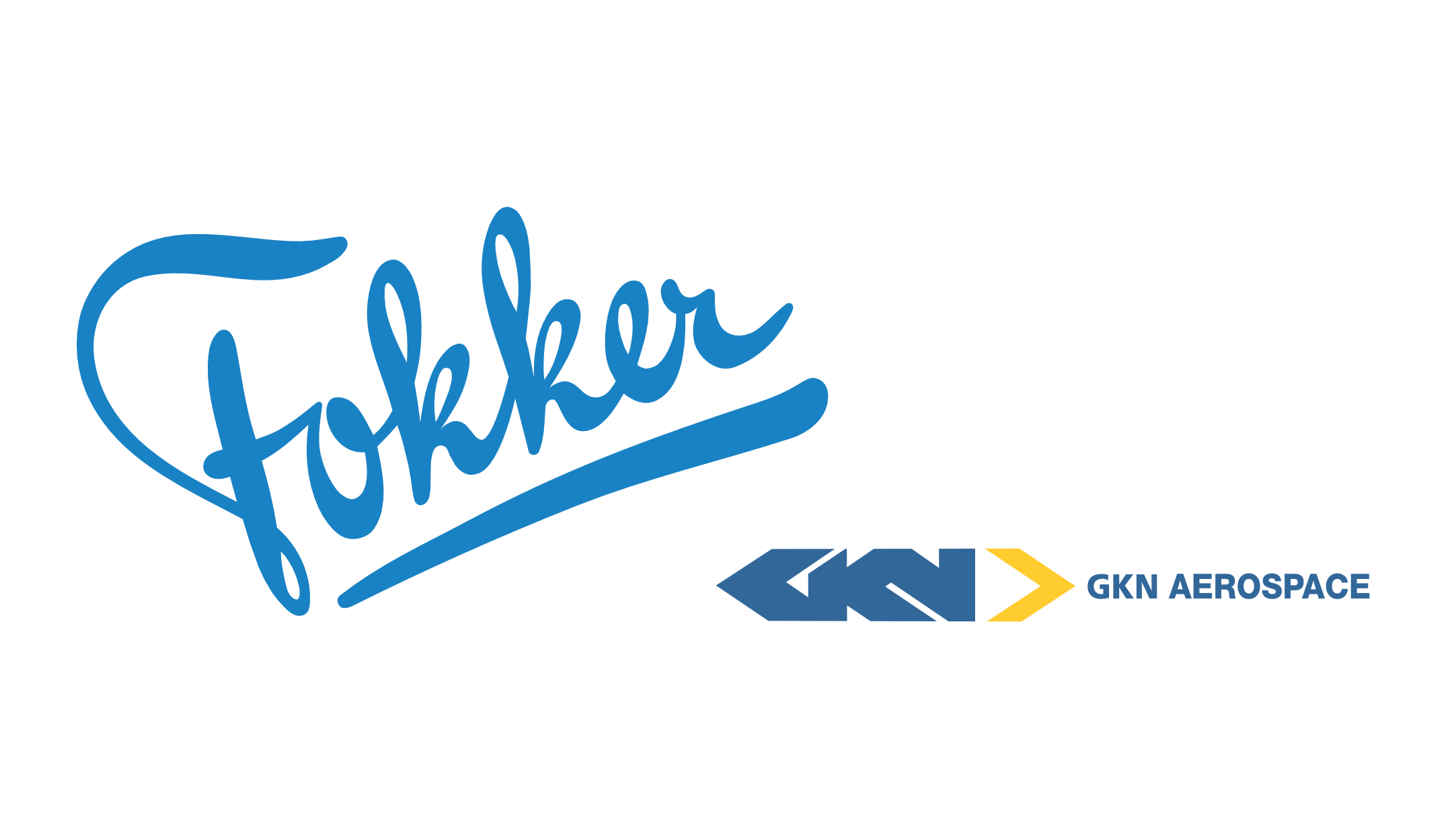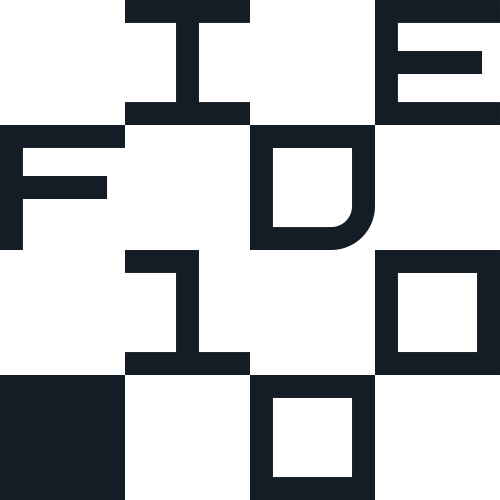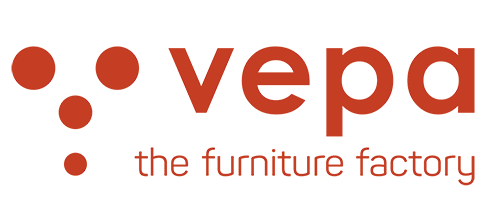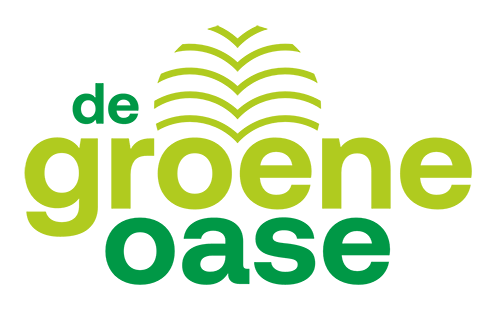Chairman Bert van der Haar of the Stichting Schaaktoernooi Noord-Oost Nederland (Foundation for Chess Tournament North-East Netherlands) was really chuffed. Jetta Klijnsma, Dutch State Secretary for Social Affairs and Employment, had returned to his city to open the proud Univé Chess Tournament. ‘We were born in almost the same street’, Van der Haar said. He was just as chuffed with Dace Dobraia’s visit, the deputy head of the Latvian embassy in the Netherlands, who had come to support her countryman, Alexey Shirov. Van der Haar presented the new tournament committee to the audience, and announced the presenter, Hans Böhm, as ‘a man who has met Spassky, Petrosian and Tal at the board. I know I’m making a lot of chess players jealous here.’
The vice-chairman of the foundation (which functions as the board of the Univé Chess Tournament), Sytze Faber, said that he and his fellow board members saw in 2011, after fourteen years of organizing a tournament with a unique formula, that it was time for something new. ‘The government was pulling back, the sponsor market became thinner, and we were running out of former World Champions.’ The board got more actively involved in the tournament and last year this led to a number of changes. ‘We owe a lot of gratitude to those who have done their best for this tournament in the past’, said Faber.
In the days that Faber was a board member for the Dutch chess federation, Loek van Wely won the Dutch title six times in a row. ‘I’ve always thought that one thing had to do with the other’, the Frisian manager said, ‘but now Loek became champion again this year. In the same year he was appointed tournament director here. There are more examples of top sportsmen who became managers, like Michel Platini in football and Richard Krajicek in tennis. But a still active top grandmaster who takes the responsibility to lead a tournament is unique.’
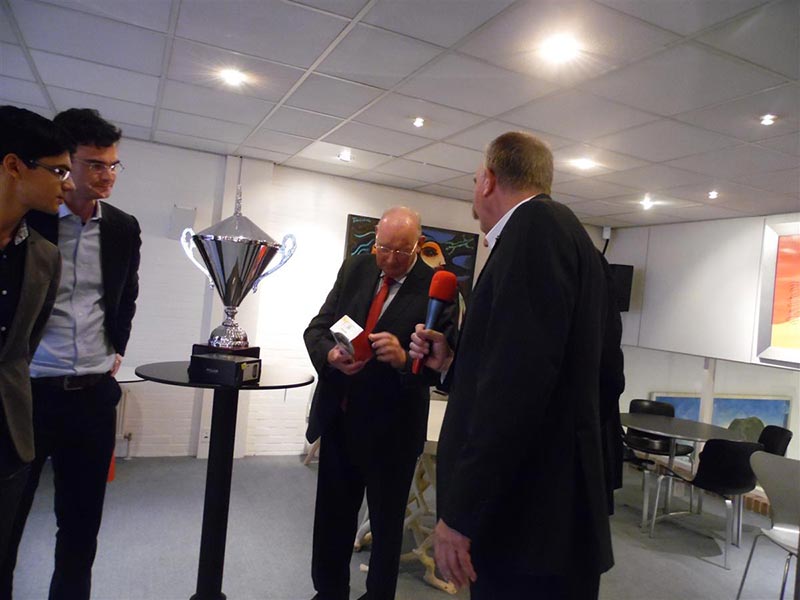
With Jan Timman’s nine national titles and three titles for Anish Giri there were in total 19 Dutch Champions present*, as Faber had calculated. But he also cited football trainer Co Adriaanse, who, when Marco van Basten became the trainer with Heerenveen, had said: ‘A good horse isn’t necessarily a good horseman.’ So Faber thought it was a good move that Van Wely had asked the eminent arbiter, Geurt Gijssen, as his adviser: ‘An appealing field of participants, an intriguing formula, and a top chess player who wants to become a horseman – this is going to be a wonderful tournament.’
The mayor of Hoogeveen, Karel Loohuis, who had again opened his ‘own house’ to more than 220 chess players, held his speech in English before the prominent foreign invitees. He reported that Hans Böhm hadn’t lost a single game in his simultaneous display on the Kerkplein (Church Square) – and we may add that the Dutch Junior Champion, Nick Maatman, hadn’t even shed half a point during his morning simul at McDonald’s. With pride, the burgomaster then presented the Cup that had been won by the Hoogeveen team in 2012 during the World Championship for cities (team members: Anish Giri, Ivan Sokolov, Sergey Tiviakov, and Jan Smeets) and he announced that the city will send another team to the championship next year. Loohuis said he was curious to find out about the experiment of visualizing the heart rate of the participants in this tournament. To chess players who were afraid, he offered the following quote by an American writer: ‘You are not old until you get out of breath during a game of chess.’
State Secretary Jetta Klijnsma said it was ‘an enormous honour’ to open this chess tournament in her place of birth: ‘Univé is quite a phenomenon’, she said. ‘Every time there is something going on with sport, you hear that name. And they support not only physical sports, but also mind sports. This is a tournament that is strong in a broad sense, but also at the top. That is great.’ Klijnsma doesn’t play chess herself, but she was pondering that it would be good if people would learn to think more analytically, and would count to ten before acting: ‘Then the world would look a lot better.’ And Klijnsma said she trusted that at the end of this tournament ‘the horseman would be a good rider’. We have the same trust, as we know that Van Wely already possesses a horse since 2006. Then he won the first Remco Heite tournament, not far from here: in the town of Wolvega.
Bert van der Haar presented the State Secretary with a chessboard signed by the four match players and Hans Böhm. He also announced that the tournament organization will bring ten chessboards to the refugee centre that will be built in Hoogeveen in the near future. That was a present that Klijnsma thought was ‘maybe even nicer than my board.’
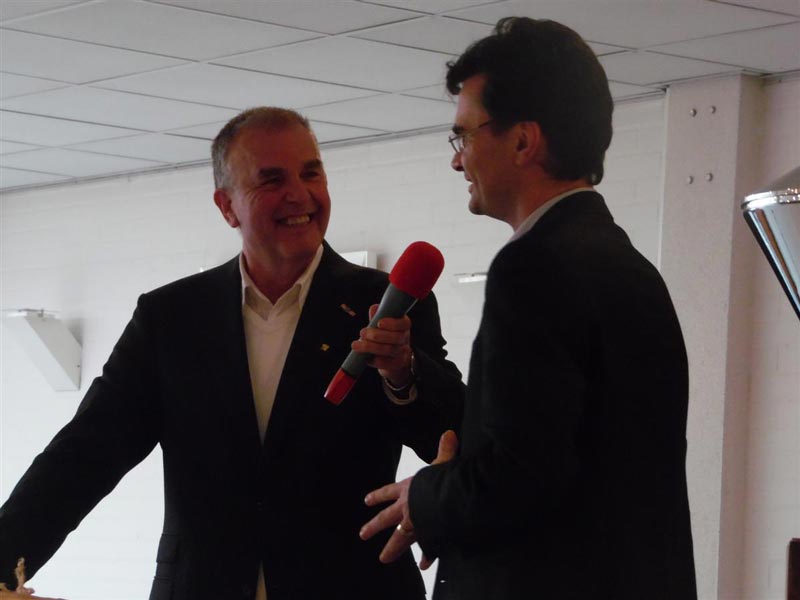
Then Böhm asked Van Wely the cardinal question: why a tournament director? ‘Well, it was a surprise for me as well’, the latter said. ‘Last time I played here I came in last, so I thought, I won’t get invited any more. I didn’t know it would be that bad’, he joked. ‘But after this tournament I will tell you what is worse: coming last in a tournament, or leading one. In any case we do have a good team.’
After some more explanations of the heart rate experiment, the drawing of lots followed. This was done in the form of a quiz for the four participants. He who knew the most about his opponent got to draw the first number. Possibly, Baadur Jobava knew more about Jan Timman than he let on, and he just laughed at the first couple of questions. When asked if he knew any famous endgames by Timman he quickly and firmly replied: ‘No.’ A little later he turned out to know a thing or two, of course. Timman was able to mention some of Jobava’s favourite openings, and so the Dutchman got to draw the first lot. And he drew White.
Anish Giri did not know that in the year of his birth, 1994, Shirov had a rating of no less than 2740. ‘I thought the devaluation was worse’, the Dutchman said. Shirov added that he was third in the world rankings in those days. ‘Actually I was second, as Kasparov wasn’t on the list any more. But I won’t talk about politics here.’ When asked about Anish’s ‘middle name’, Shirov came up with the clever ‘Sanjayevich’, but at the Giri’s the patronym wasn’t used: Anish’s middle name is Kumar. Just thought you’d like to know. And although Shirov couldn’t guess that Giri is most feared for his draw offers (and here we were thinking it was his smileys:)), still he got the first choice.
‘I’m speechless’, the brilliant Latvian said. Tomorrow the white pieces will speak for him.
For the pairings for the first round are as follows:
Shirov-Giri
Timman-Jobava
*Note: As Hans Böhm wrote to us, there were not 19 but 20 Dutch Champions present at the opening ceremony. Gert Ligterink conquered the title in 1979.
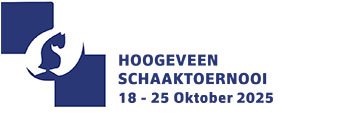
 .
. 
